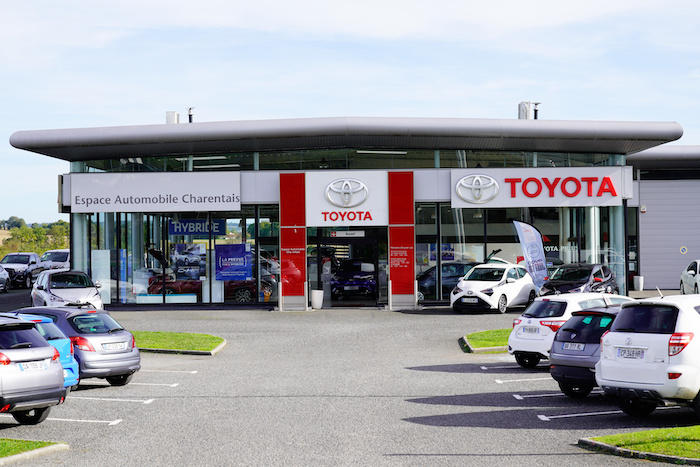By KARYN CZAR
A new poll finds Toyota’s opposition to stricter vehicle emissions standards is at odds with its customers’ views, and could even cost the company a generation of first-time car owners. In 2019, the automaker joined a lawsuit against the State of California and more than 20 other states that disagree with new regulations prohibiting them from setting emissions standards stronger than the federal government’s.
Matt George, whose research firm conducted the survey for the Union of Concerned Scientists, said automakers’ opposition to clean-air policies will likely mean they lose younger buyers. “The people who have yet to build brand loyalty probably with Toyota – as this is probably their first vehicle purchase – they are the most likely to change based on this decision,” George said. “So, the consumer base that they’re trying to grow now, they potentially are harming the most with their decision to support this particular lawsuit.”
George pointed out of the 1,000 people surveyed, more than three-quarters initially said they would definitely purchase a Toyota vehicle. After they learned more about Toyota’s views on emissions standards, that number dropped to less than half. Kentucky is home to Toyota’s largest vehicle assembly plant in the world, and its Scott County facility employs more than 10,000 people.
The poll also found 81% of Toyota vehicle owners believe the company should support more environmentally friendly air-pollution standards. George noted the more consumers were informed about Toyota’s positions, the more their views of the company changed. “In terms of the perception of Toyota being a ‘green and sustainable company that takes care to be environmentally friendly,’ at the outset of the poll, 90% of Toyota consumers would agree with that statement. At the end of the poll, after they found out more information, 55% agree,” he said. “So that’s a pretty significant drop.”
Shannon Baker-Branstetter is manager of cars and energy policy for Consumer Reports. She said several major automakers have pressured the Trump administration to loosen emissions and fuel-economy standards.
“Automakers weren’t quite expecting perhaps a full freeze, but they do want a loosening of the rules,” Baker-Branstetter said. “And they are in conflict with their buyers. We find overwhelmingly that consumers do value fuel economy and want to continue to see the improvement.”
Last week, the administration announced a revised version of the Safer Affordable Fuel-Efficient Vehicles rule, which would require automakers to boost fuel efficiency by 1.5%. Current rules mandate much higher fuel-efficiency standards.

